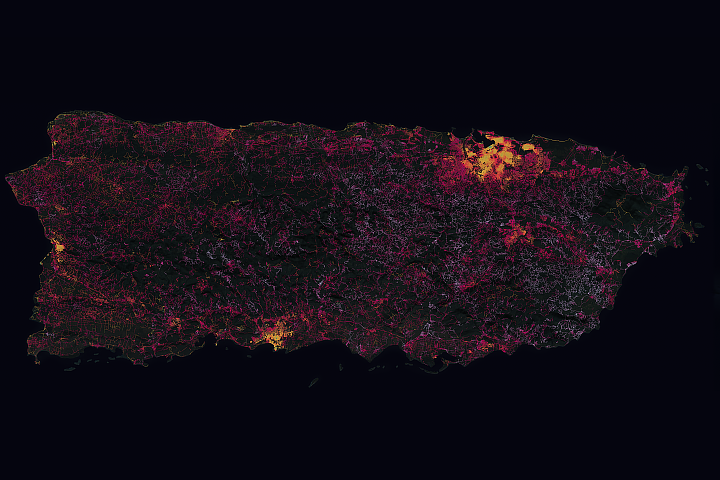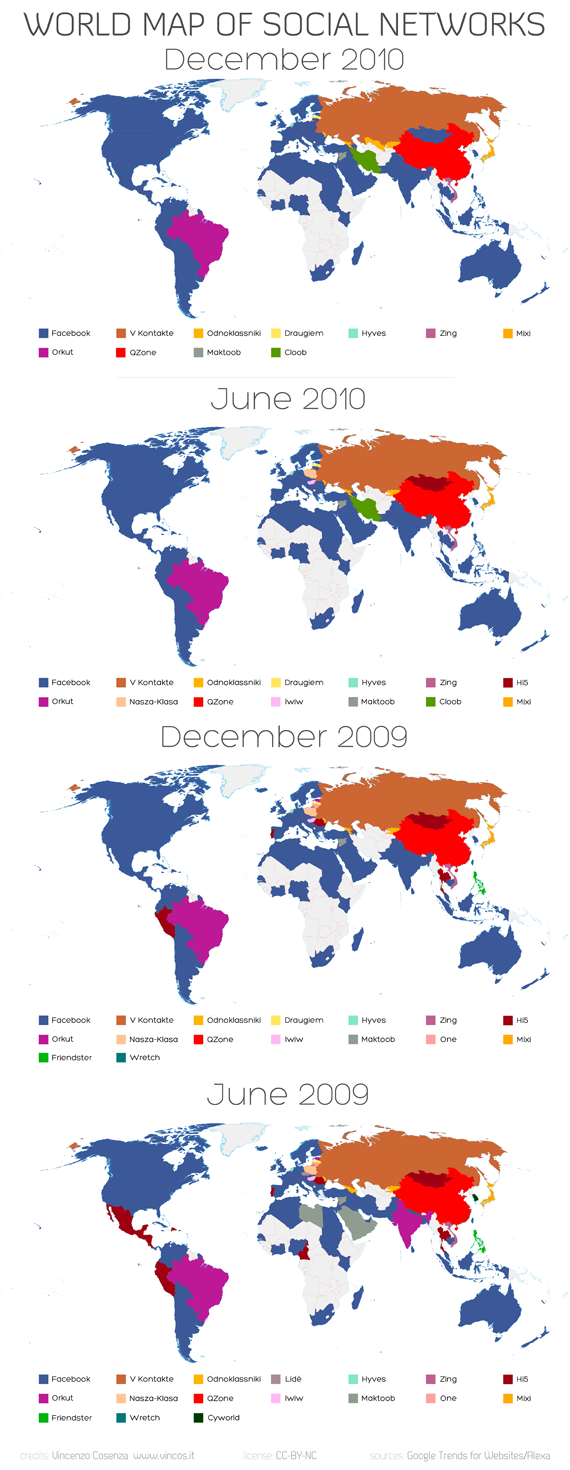.
Defend the Homeland--Or Lose It
By Newt Gingrich
.
Six weeks before September 11, the Central Intelligence Agency informed the Federal Bureau of Investigation that two terrorists had entered the United States. Yet the terrorists were able to board a plane in Boston using their own names.
.
.
Every American must understand the drastic need to transform homeland security. It is not complicated. There are those in the world who know what America is and what it stands for and who are committed to destroying us. They are not open to negotiation. Our very existence threatens the values of the followers of the reactionary form of Islam, principally the Wahabi and Deobandi sects. We must design an enduring strategy, as we did for the defeat of communism, to ensure the victory of our values. The scale of this Islamic challenge is very important for Americans to understand, as is the inevitable violence that will continue to reach us here at home if we choose not to defeat it.
.
.
The concept of a Homeland Security Agency was contained in a March 2001 report by the Hart-Rudman Commission, started by President Bill Clinton and myself in 1997. The most sobering prediction, largely ignored by the media, was the Commission's warning that it is likely that a nuclear, chemical, or biological weapon of mass destruction will be used on an American city in the next 25 years and that the most probable source would be terrorism. The Commission recommended that the United States prepare a homeland security agency that would be able to respond to as many as four cities hit simultaneously with mass-destruction weapons. The Commission's unanimous conclusion was that anything less would be to gravely underestimate the danger and unnecessarily risk lives.
.
.
We must recognize that our cities are always threatened. We are threatened not only by missiles, both ballistic and cruise, but also, and more likely, by terrorists delivering violence in unexpected ways, as 9/11 proved. Yet more than a year later, we still do not have an effective interagency process to enable 22 separate agencies with Congressional oversight by 88 committees to work together effectively. This failing could be a matter of life and death.
.
.
Just as nearly 800 people were taken hostage recently in a Moscow theater by Chechen rebels, Americans should no longer assume that wars take place only in far-off lands. It is the nature of terrorism to disrupt stable societies as a tactic to soften public support for military action. Similarly, if we move to replace Saddam Hussein, we should be aware that reprisals might be attempted on American soil.
.
.
The recent sniper attacks around Washington, D.C. demonstrated the ease with which just two people can terrorize and disrupt the daily routines of millions. We have yet to solve the mystery of the anthrax cases shortly after 9/11. The quality of the anthrax was reportedly of such high grade that the expense and sophistication excludes the possibility of one individual and points to the likelihood that the attack had the support of a government. Despite such threats, it should be possible, with entrepreneurial leadership, to make America the best-defended country in the world with minimum inconvenience to her citizens. But moving forward incrementally is not acceptable: We must accept quick failures to get large breakthroughs.
.
.
The Hart-Rudman Commission called for a homeland security agency that is separate from the Defense Department. If the United States is engaged in a war overseas when an attack occurs at home, the secretary of defense cannot be expected to manage both an offensive campaign abroad and a defensive one at home. So, a Department of Homeland Security must be a serious agency with real power, its own budget, and the ability to hire and fire. The new department should be centered around three major functions: predictive and pre-emptive intelligence capabilities; closing existing vulnerabilities; and coordinating federal, state and local response and recovery.
.
.
The homeland security strategy should also include a domestic anti-terrorism agency that is independent of the FBI and CIA. The CIA, charged with intelligence gathering, can track terrorists worldwide but cannot operate within our own borders. The FBI has historically been a law enforcement agency that investigates crimes that have already been committed. What is absent is the equivalent of the U.K.'s MI-5 Security Service that collects intelligence domestically.
.
.
The fact that we inspect less than 1 percent of the 3.5 million containers that enter our ports every year is one example of a significant vulnerability. And, of course, merely checking ID cards and allowing uninspected luggage to be loaded on commercial planes is nowhere near the level of security needed. It is imperative that we use the newest technology to maximize security while minimizing inconvenience. These are large capital investments, but with relatively low personnel costs--which in the long run will cost less than the current labor-intensive system.
.
.
The greatest threat to the human race over the next 30 to 50 years is an engineered infectious biological weapon. The bubonic plague killed about a third of the population of Europe between 1347 and 1348. In North America, multiple diseases killed up to 96 percent of American Indians in some villages. A genetically engineered retrovirus could render our current vaccines useless, leaving our population utterly defenseless to a deadly and horrific epidemic. We are not prepared to discover the virus as soon as it appears, or develop and deploy a new vaccine in a race against time. The 55,000 drug stores across the country should all be part of a virtual public health service that, in a crisis, could quickly disseminate live-saving information and available treatments.
.
.
And the need for a global missile defense hasn't died. We need a system capable of not only protecting our troops overseas, but also our homeland. Such a system can only work if it is space-based.
.
.
In terms of response and recovery ability, the Federal Emergency Management Agency is the logical base around which to build a response system for a domestic crisis. FEMA deals regularly with disasters and has worked with local civilian emergency service personnel during floods, after hurricanes, tornadoes, and earthquakes, and on the terror sites of 9/11. It will be necessary to allocate and dedicate parts of the National Guard to such service. (For some creative yet common sense thinking on employing the ROTC, see Robert Cottrol's article.)
.
.
The danger from an attack with weapons of mass destruction is greater than many people believe, and the complications of dealing with such an attack, colossal. A prepared America could save hundreds of thousands and possibly millions of lives in the event of such a disaster. This cannot be accomplished without true coordination of the military, FEMA, the Centers for Disease Control, the FBI, and state and local authorities.
.
.
A worldwide economic system and a prosperous free society are inevitably vulnerable to state-supported terrorism. Time is on the side of our enemies. They have the leisure of searching out a single opportunity, because they only have to hit once. They don't have to attack us every day. But we must sustain freedom every day.
.
.
We must remain vigilant and not repeat the historic errors of 1918 or 1945 when we had the same desire that many have today--to streamline our military, to reduce our forces, to withdraw from the world. By 1947, it was clear that that was not possible. Today our military capacity is too small. We will always need more intelligence and a greater ability to project power than we have now. We must steel ourselves for a deadly struggle. Our lives depend on it.
.
.
BIRD'S EYE guest author Newt Gingrich is a former speaker of the House of Representatives and a senior fellow at the American Enterprise Institute.
Published in Homeland Dangers January/February 2003
.Published in Homeland Dangers January/February 2003
.














No comments:
Post a Comment